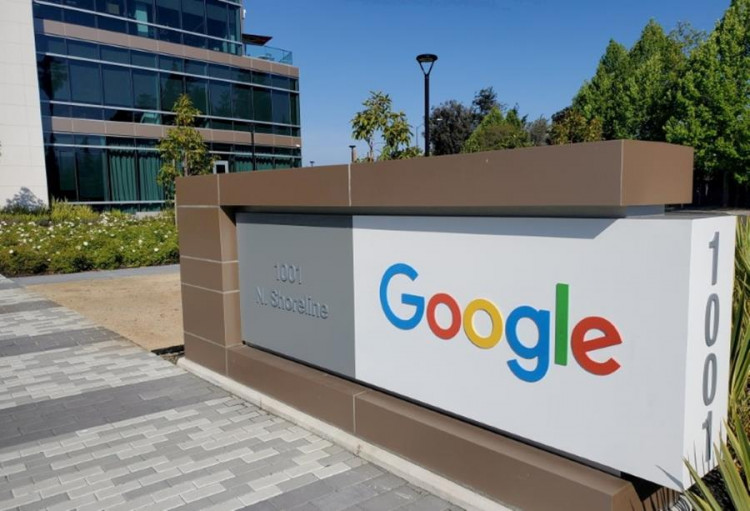Google has filed an antitrust complaint with the European Union's top antitrust regulator, accusing Microsoft of stifling competition in the multibillion-dollar cloud computing industry. The move marks another chapter in the intensifying rivalry between two tech giants, as Google, which ranks third globally in the cloud computing market, claims Microsoft uses unfair licensing practices to lock customers into its Azure cloud services. This latest development comes after Google spent years as the subject of EU antitrust action, with Microsoft now finding itself in the spotlight.
At the heart of Google's complaint is an allegation that Microsoft is leveraging its dominance in essential software products such as Windows Server and Microsoft Office to make it difficult for customers to migrate to rival cloud providers. Specifically, Google Cloud Vice President Amit Zavery said Microsoft forces customers to pay steep licensing fees, effectively creating a "cloud tax" that penalizes businesses and public sector organizations for using non-Microsoft cloud services.
The antitrust complaint follows a recent settlement between Microsoft and a European cloud services trade group known as CISPE, which raised similar concerns. While the settlement was intended to address the competition issues, Google opted not to participate in the agreement, maintaining its opposition to Microsoft's practices.
Zavery, speaking to CNBC, asserted that Microsoft is "100% in violation of EU antitrust rules," adding that Microsoft's cloud licensing restrictions limit choice for customers and hinder the overall competitiveness of the market. He emphasized that these restrictions prevent businesses from freely choosing cloud providers based on their needs, and that Microsoft's behavior undermines innovation and potentially harms cybersecurity.
The allegations are part of a broader landscape of regulatory scrutiny facing Big Tech firms worldwide. Regulators have increasingly scrutinized companies like Google, Microsoft, and Amazon over allegations of anticompetitive practices. These firms have been accused of creating "walled gardens" within their services, restricting customer access to rival products, and imposing financial penalties for switching to competing platforms. In particular, Microsoft's dominance in enterprise software, combined with its significant cloud market share, has raised alarms about its influence over the cloud infrastructure landscape.
Google's complaint highlights the growing tension between major cloud providers as they vie for market share in a lucrative and rapidly expanding sector. Microsoft, which holds a commanding position in the global cloud computing market, along with Amazon Web Services, is seen as a dominant force. Together, AWS and Microsoft Azure control a significant majority of the market, with Google Cloud trailing behind in third place. Despite Google's advances in cloud technology and increasing revenue from cloud services, the company faces substantial competition from these larger players.
In response to the complaint, Microsoft downplayed Google's concerns and reiterated that it had already addressed similar issues through its agreement with European cloud providers. "Microsoft settled amicably similar concerns raised by European cloud providers, even after Google hoped they would keep litigating," a Microsoft spokesperson told CNBC. "We expect Google similarly will fail to persuade the European Commission."
Despite the settlement, Google continues to argue that the licensing fees imposed by Microsoft remain a significant barrier for customers wishing to move their workloads to rival clouds. According to Google, businesses across Europe have paid as much as 1 billion euros annually in licensing penalties, a cost that impedes their ability to switch between providers freely.
The issue of cloud market competition has also attracted attention from the U.K.'s Competition and Markets Authority, which found that Microsoft had captured between 60% and 70% of all new British cloud customers in recent years. Critics argue that such dominance limits customer choice and innovation, as Microsoft leverages its software ecosystem to promote Azure over other cloud solutions.
Zavery emphasized that a more open and competitive cloud environment would benefit all providers, including smaller European cloud vendors, as well as major players like Amazon Web Services. He expressed hope that if Microsoft were compelled to alter its licensing terms, it would lead to greater freedom and flexibility for cloud customers.






